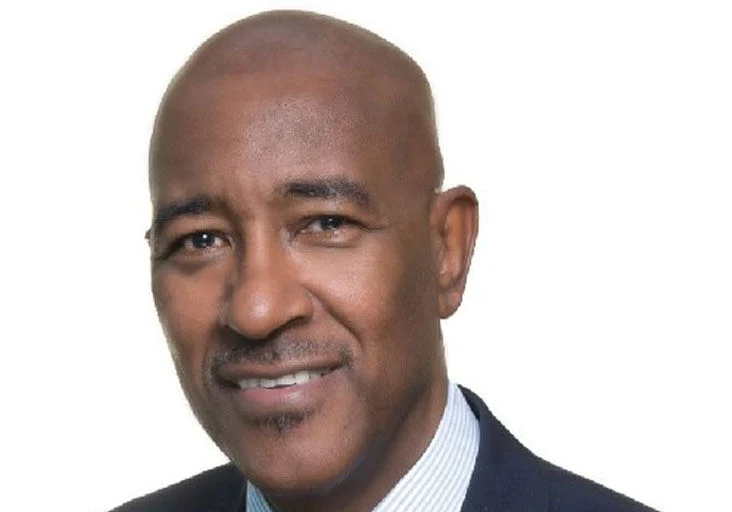
Context: Summary and analysis for a column by Robert Le Hunte first published in the Trinidad Express on August 9, 2025.
Interest in Africa–Caribbean commerce is surging, but the “plumbing” that would let small and creative-sector entrepreneurs—especially those of African descent—actually participate still lags. Symbolic gestures like the African Union’s “sixth region” recognition are meaningful, yet they must translate into material opportunity. In Trinidad and Tobago, Afro-descended ownership of sizeable firms remains limited. Traditional banks prefer familiar sectors and hard collateral (often land), leaving creatives and first-time exporters underfunded.
What the column argues (in brief)
Robert Le Hunte urges the region to widen its finance toolkit beyond bank loans—toward targeted equity and blended-finance funds paired with structured mentorship. He points to practical models in Jamaica (IGNITE), Ghana (diaspora-aligned initiatives), and Kenya (venture funds) where capital is bundled with guidance and market access. While Afreximbank’s Caribbean presence is a plus, its focus on large projects misses the “missing middle”: entertainers, designers, and digital startups. Mobilising diaspora savings via trusted, professionally managed platforms could fill that gap. The call is simple: match intention with institutions—move from conversation to capital.
TDON’s perspective and role
TDON founder Dr. Andre Phillips underscores that inclusion won’t happen by accident; it needs vehicles built for the creative and services economy. In line with TDON’s mission to connect the Trinbago diaspora with high-impact opportunities, TDON can help in three concrete ways:
- Mentorship & market access
Build a diaspora mentor bench (law, accounting, touring, distribution, logistics) to guide first-time exporters through compliance, pricing, and Africa market entry. TDON can curate cohorts and match founders to advisors. - Diaspora capital on-ramps
Support the design of diaspora co-investment windows and small cheques (e.g., US$2.5k–10k) that ride alongside anchor investors. Dr. Phillips advocates transparent governance, staged disbursements, and clear impact metrics to earn trust. - Pilot financing that fits creatives
Champion revenue-share/royalty funds and other blended instruments that underwrite IP and audience traction—not just land titles. These vehicles can bridge artists, designers, and digital studios to early export revenues.
Policy priorities the region should tackle
- Enable vehicles: Modernise legal/tax frameworks for limited partnerships and impact funds domiciled in the region.
- Credit guarantees: Share first-loss risk on exports into new markets to crowd in private lenders later.
- IP as collateral: Allow catalogues, masters, and signed contracts to be recognised in lending decisions.
- Export-readiness sprints: Short, practical programmes (8–12 weeks) to get firms “deal-ready” for Lagos, Accra, Nairobi, and beyond—paired with a TDON mentor network.
What success could look like
- A Port of Spain fashion label financing a capsule drop in Accra through a small revenue-share fund.
- A Laventille producer securing tour advances for Lagos via a diaspora co-investment window.
- A Belmont digital studio landing B2B contracts through TDON-brokered intros and export compliance support.
Bottom line
If transatlantic trade is to drive real inclusion, we must stop selling hope without support. With TDON’s convening power and Dr. Andre Phillips’ focus on fit-for-purpose finance, the region can turn symbolism into pipelines, and pipelines into deals.
Read the original column: “Financing real inclusion in Africa-Caribbean trade | Local Business | trinidadexpress.com” Robert Le Hunte, Trinidad Express (Aug 9, 2025).
Credit: This post is an independent summary and analysis for TrinbagoDiaspora.org referencing the original column. If you represent the Trinidad Express and prefer a different credit line, contact us and we’ll update promptly.
